“Personality” is a common term that gets thrown around in everyday life. You might hear your roommate say “I am a big procrastinator. My mom says it’s just a part of my personality.” Your best friend might tell you, “I love how much of an outgoing personality you have.” As a society, we seem to think that our personality is what makes us who we are. In reality, personality is only our perception of how we express our personal identity. We subscribe to the notion of personality traits because we like to compartmentalize and predict our own and others patterns of behavior. Our identity is actually what defines who we are as a person.
The distinction between personality and identity is important because it changes our outlook on ourselves from external to internal. As humans, we can get too caught up worrying about how others will perceive us. It is a scary thought to change the way the world sees us by changing ourselves. This fear of changing our personality can prevent us learning and adapting better habits. We do not realize that some of our “personality” has been socialized into us and reinforced over time. Women, for example, are typically expected to be more nurturing, and research shows that they score significantly higher on measures of agreeableness than men. A woman might unconsciously conform to this expectation by suppressing other identity traits to match the “personality” (a.k.a. identity) of a woman defined by society. Furthermore, someone who claims to be an introvert should never limit themselves to just quiet desk positions. They could easily engage in public speaking with the proper coaching. We do not want to learn to suppress our identity just to conform with notions of personality.
We are conditioned to think that our personality is who we are and not the result of our interactions with our environment. The truth is, we can “unlearn” personality by reflecting on our identity. This is not to say that there is no biological basis for our behavior but to highlight the significant impact that positive reinforcement and social conditioning can have on “personality traits.” We must learn to become comfortable talking about our identity rather than our personality.
Defining Identity
According to Peter Burke and Jan Stets, identity can be divided into four categories: personal, role, group, and social identity.
- Personal identity: These include our fundamental beliefs about our self. Examples could include defining ourselves as creative, spiritual, industrious, and so on.
- Role identity: These are the roles we take on in both small and large groups. This can include anything from mothers and students to doctors and plumbers.
- Group identity: This is different from role identity in that it focuses on the associations you have which influence your thoughts, emotions, and behaviors. We are members of families, friend groups, work cliques, churches, clubs, and many more that have personal associations which influence us.
- Social identity: These are the aspects of ourselves that we share with society at large, and the traits that are readily identifiable by others.Examples could include information like race, class, gender, sex, and ethnicity.
Some facets of identity are things that we choose to share with the world and others are personal only to us. Identity gives our life meaning and purpose. We get to choose how we want to be perceived rather than falling victim to “personality traits” that we cannot control.
Why does everyone get personality wrong?
Personality is much more of a social and cultural phenomenon rather than an identifier of who we are as people. There was a long-standing assumption in personality psychology that personality is consistent and unchanging. Walter Mischel’s infamous book “Personality and Assessment” disproved the assumption of stagnant personality traits. He did a study to figure out if students would be cheaters in a variety of different subjects. Prior theory stated that if someone was a cheater, they would be a cheater in every single situation. Mischel did not find that “personality” was consistent in various environments like expected. The assumptions were proven to be entirely false. Students that cheated did not cheat in every subject, even when they had the option to. This shows how important the environment is on behaviors. It also shows that personality traits are more of a matter of identity rather than personality. There is a huge misconception about personality because of how we have learned about it as a culture. Just like Mischel, we must work to change our assumptions about personality and identity.
Can people completely change parts of their “personality?”
We may tend to think that our personality is the core of who we are as people. Many of us believe that we cannot fight our “fate” or our “inherent personality.” That cannot be further from the truth. People are not rigid. People are, in fact, very malleable and adaptable. This idea that people have these long-standing personality traits is incredibly misleading. People are rather defined by the social environment they are in and the expectations of that situation. All of this is to say that people CAN change. We are more than capable of developing our identity to become who we want to be. Coaching can help you to transform into the person you want to be. It is important to remember that we can create our own identity. There are no enduring personality traits that are “just a part of who we are.” We get to create who we are. For more information on taking control of your identity, email Greg Murray at greg@adaptiveedgecoaching.com.

